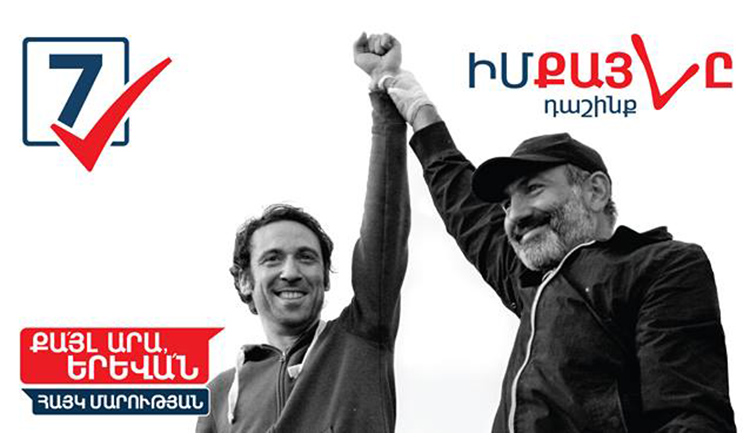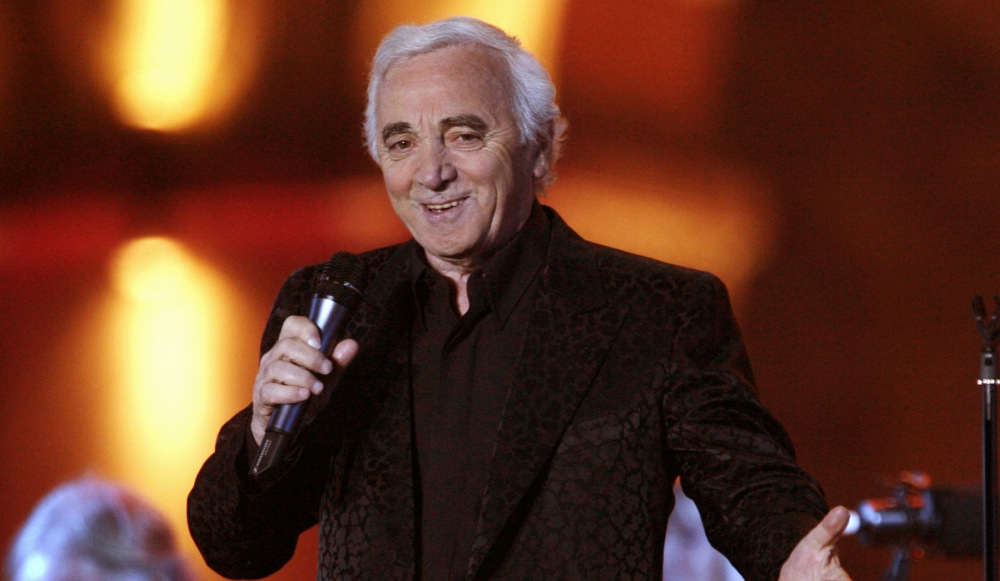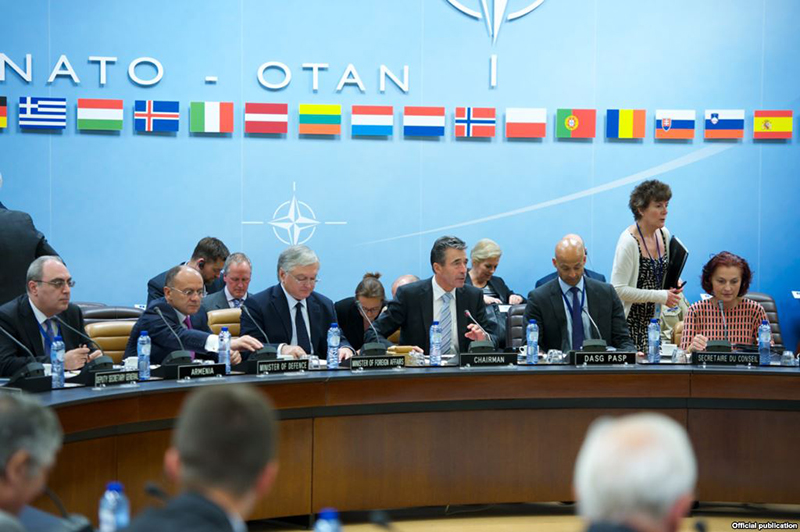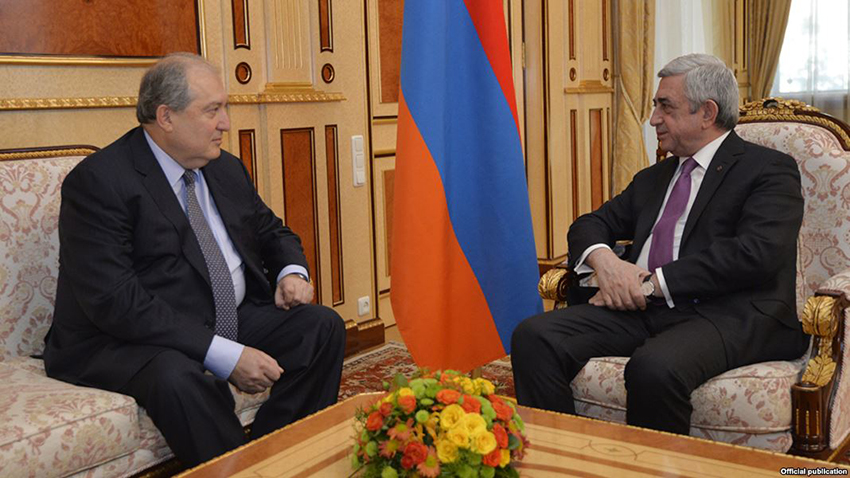For the first time after the velvet revolution elections took place in Armenia. Although the contest was for the members of Yerevan city elders and the mayor’s office, the campaign took a different tone, becoming much more political than anticipated. Prime Minister Nikol Pashinian demanded that, through this elections, he be given a vote of confidence to pursue his stated policies. The public was receptive and the Pashinian backed candidates received 81% of the vote. This overwhelming support will empower the Prime Minister to start fresh negotiations with the other parties, which are represented in the current Parliament, and as of now, are not very receptive to the intentions of Pashinian to call snap elections to form a new National Assembly which will be more representative of the current public opinion.
It should be noted that the new government has succeeded in its first test, ensuring free, fair and transparent elections, where there were no bribes and use of state levers were absent. Those were the main features of the previous elections held in Armenia. For the first time, other candidates did not contest the legitimacy of the recorded results and congratulated the winning party.
The vote count was not a surprise, considering the high popularity of the Prime Minister. Pashinian was given the necessary mandate to pursue his main goal of resolving the current Parliament and holding new elections before the end of this year, or early next year at the latest,so that he would be able to fully implement the reforms necessary for the country’s future.
On the other hand, in many political circles there is some anxiety that the early parliamentary elections could produce similar results, whereby a single-party National Assembly is formed, where there will be no controls, oversight or differing opinions that are essential for building a healthy and viable democracy.
Taking these possibility into account, perhaps a lower threshold should be set, at least for one time, so that other parties and layers of the society are represented in the next Parliament. The second option could be the formation of larger political alliances which will allow them to overcome 4 or 5 percent threshold necessary to be represented in the National Assembly.
This vote of confidence which was awarded to Nigol Pashinian, first and foremost obligates him to ensure that the next Parliament of Armenia will be balanced and in it, other factions of the political spectrum are represented.
MASSIS










